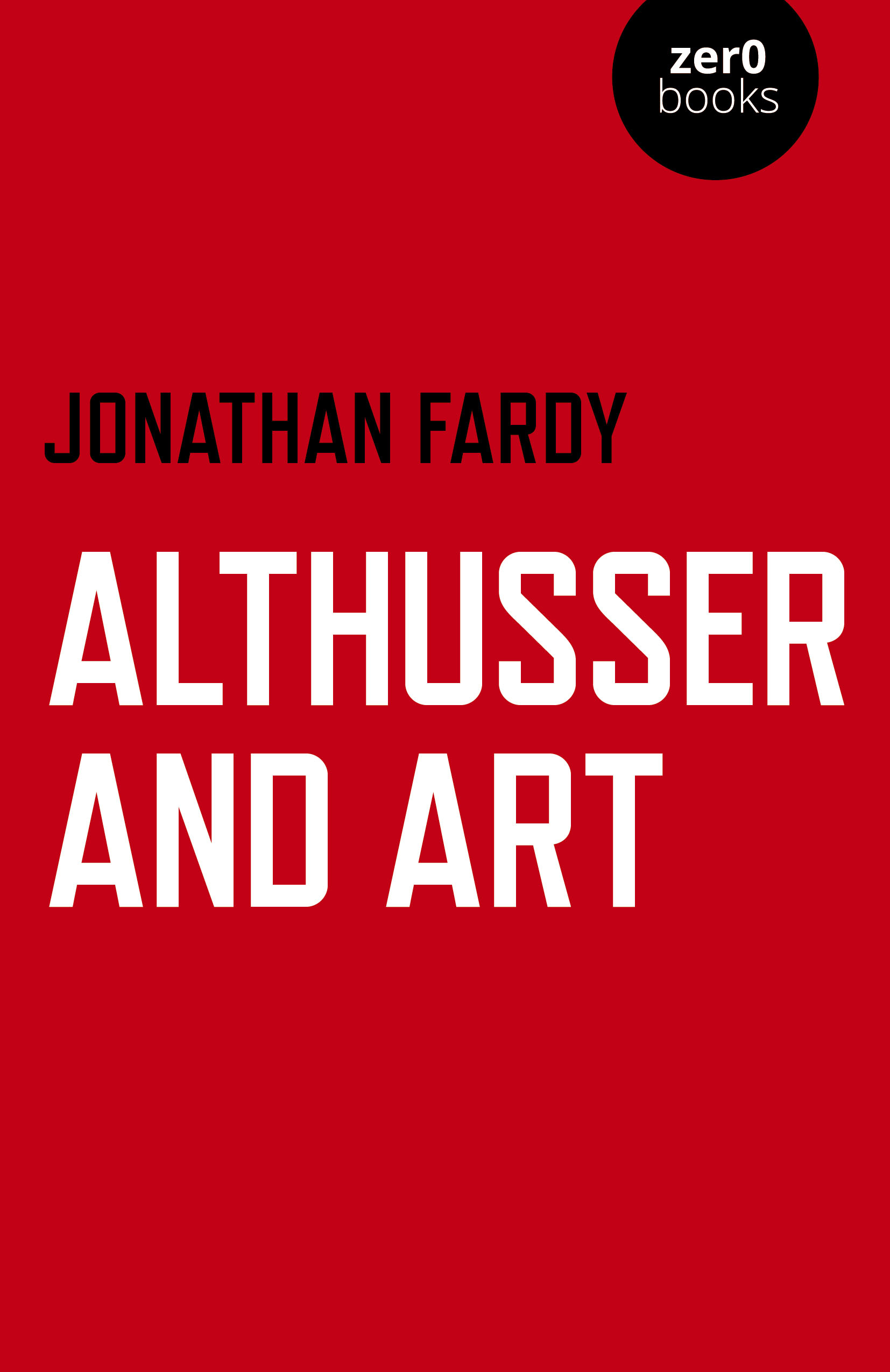Participants are invited to join us live in the eighth of a monthly series of “Critical Conversations” (Zoom webinars) with eminent scholars from around the globe. If you are interested in joining us, please contact us by email at editor.thenewpolis@gmail.com. If you have not participated in previous seminars, please provide us with a brief sentence or two explaining your interest in this particular “Critical Conversation”. Or you may simply sign up through the registration link below.
All Critical Conversations will be recorded and republished along with edited transcripts. A related critical conversation entitled can be watched here.
________________________________________________________________________
When: Tuesday, March 16, 10am Mountain Standard Time
How: Zoom. By Advance Registration. Please register at the following link below.
You must register in advance of the seminar, whereupon you will be automatically sent the actual Zoom participation link.Registration link
General Contact: editor.thenewpolis@gmail.com
Moderator: Roger Green, General Editor, The New Polis.
Critical Conversations 8 will present some compelling topics addressed by Jonathan Fardy in his recent text, Althusser and Art (Zer0 Books, 2020). Far from simply being a book about Louis Althusser, the book addresses questions concerning theory in general, and traditional distinctions between theory and praxis. As Jonathan Fardy notes, Althusser critiqued Marxist humanism for maintaining the flawed ideology of humanism itself. Althusser also critiqued Marx’s historicism. For him, historicism masks its own ideology, which situates everything in “history” as having a place and developing toward certain ends. As Fardy notes, E.P. Thompson (and later Althusser himself) critiqued Althusserianism’s “theory of theory” as inherently elitist, allowing working classes to make history while academics determine its meaning. Still, Althusser continued to insist on the necessity of “theory,” and when we looks at Althusser’s influence on students such as Pierre Machinery and Jacques Rancière, we arguably see ways of “doing theory” even when his students were critical of him.
Fardy is interested in the aesthetics of, or “art” of, theory, especially as it might relate to politics, which is different than critiques of the “aestheticization of politics.” As Fardy notes, “What Althusser never seemed to consider – despite his interest in art – is that theoretical writing is a matter of writing and as such involves the aesthetics of writing; from the force of polemics to the patient tone of the philosopher working through the problematic” (54). He then provides an intriguing extension of Althusser’s thought through the work of Karl Korsch and François Laruelle.
In this conversation, Jonathan Fardy will elucidate the audience concerning ideas expressed in his book. Audience members will not have to have read the book to understand the talk, but they’re welcome to do so. Two responders will present their individual takes on the implications of Fardy’s book, followed by a question and answer with audience participants.
Presenters:
Jonathan Fardy is Assistant Professor of Art History and Director of Graduate Studies in Art at Idaho State University. His research examines the intersections between art, theory, and aesthetic practice. He is the author of Althusser and Art, Laruelle and Non-Photography, Laruelle and Art: The Aesthetic of Non-Philosophy. His forthcoming book, due out later this year, is The Real is Radical: Marx after Laruelle.
M. Curtis Allen is an interdisciplinary theorist with an arts background whose research draws together threads from the philosophy of language/mind, aesthetics/art theory, and political economy. He teaches aesthetics and art history at OCAD and NSCAD Universities in Canada, and is currently completing doctoral work in the Centre for the Study of Theory and Criticism at Western University under the title Sense and Genesis: The Metaphysics of Modernism and the Aesthetics of Reason, elaborating the concept of ‘sense’ in Wittgenstein and Deleuze as it connects with recent problems across the theoretical humanities. He is also interested in contemporary forms of rationalism and their relation to art and politics.
Andrew Weiss is an editor, philosopher, and musician. As Lead Editor of Black & White Editing, he uses clarity and precision to empower academic writers and their work. He holds an MA in Theory & Criticism from Western University. His thesis, titled “Animal Justice: Following Derrida & Other Animals,” explores the intertwining of animality and justice, developing associated concepts to clarify and deepen these terms. Andrew’s philosophical work is now being developed as a project of music and writing called Animal Vegetable Mineral, using meditative music and philosophy to inspire awe and wonder for the universe — and our place in it.

